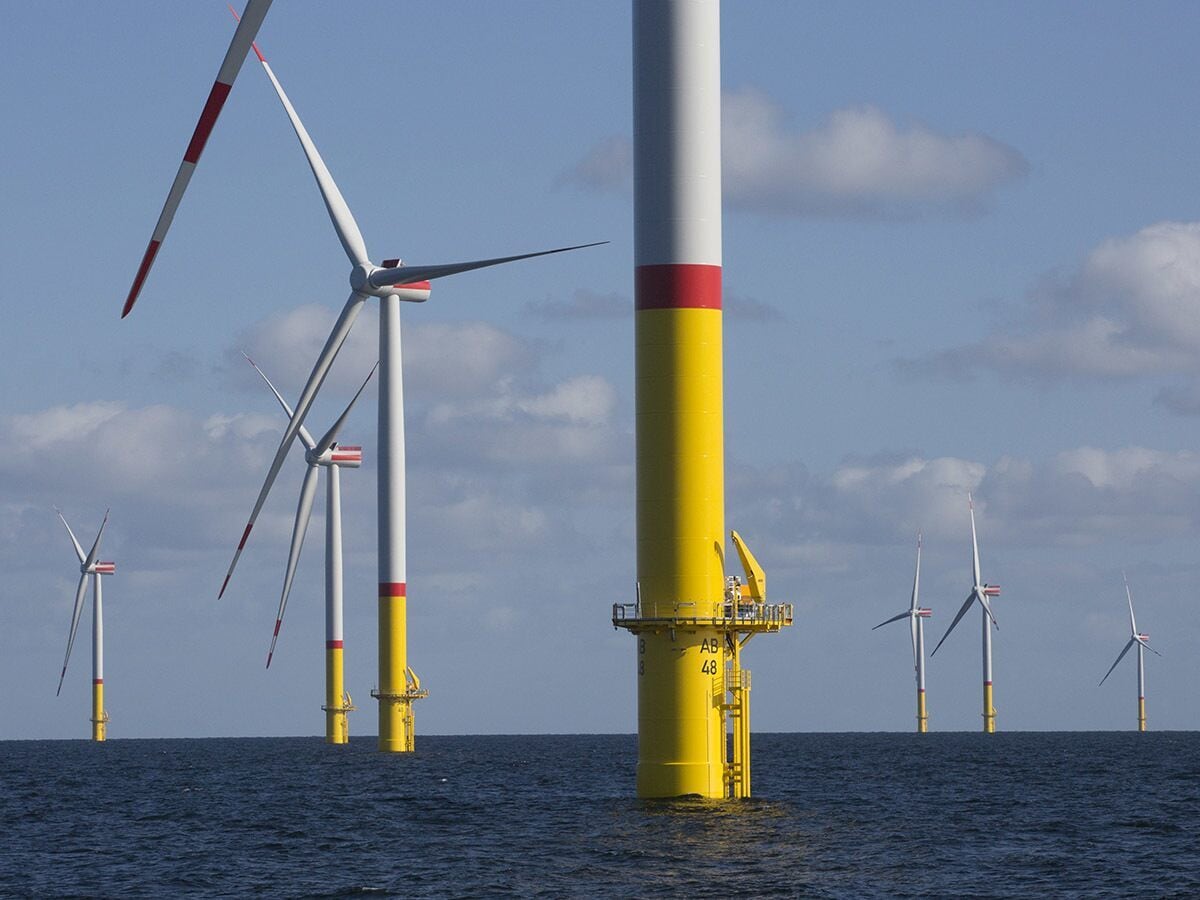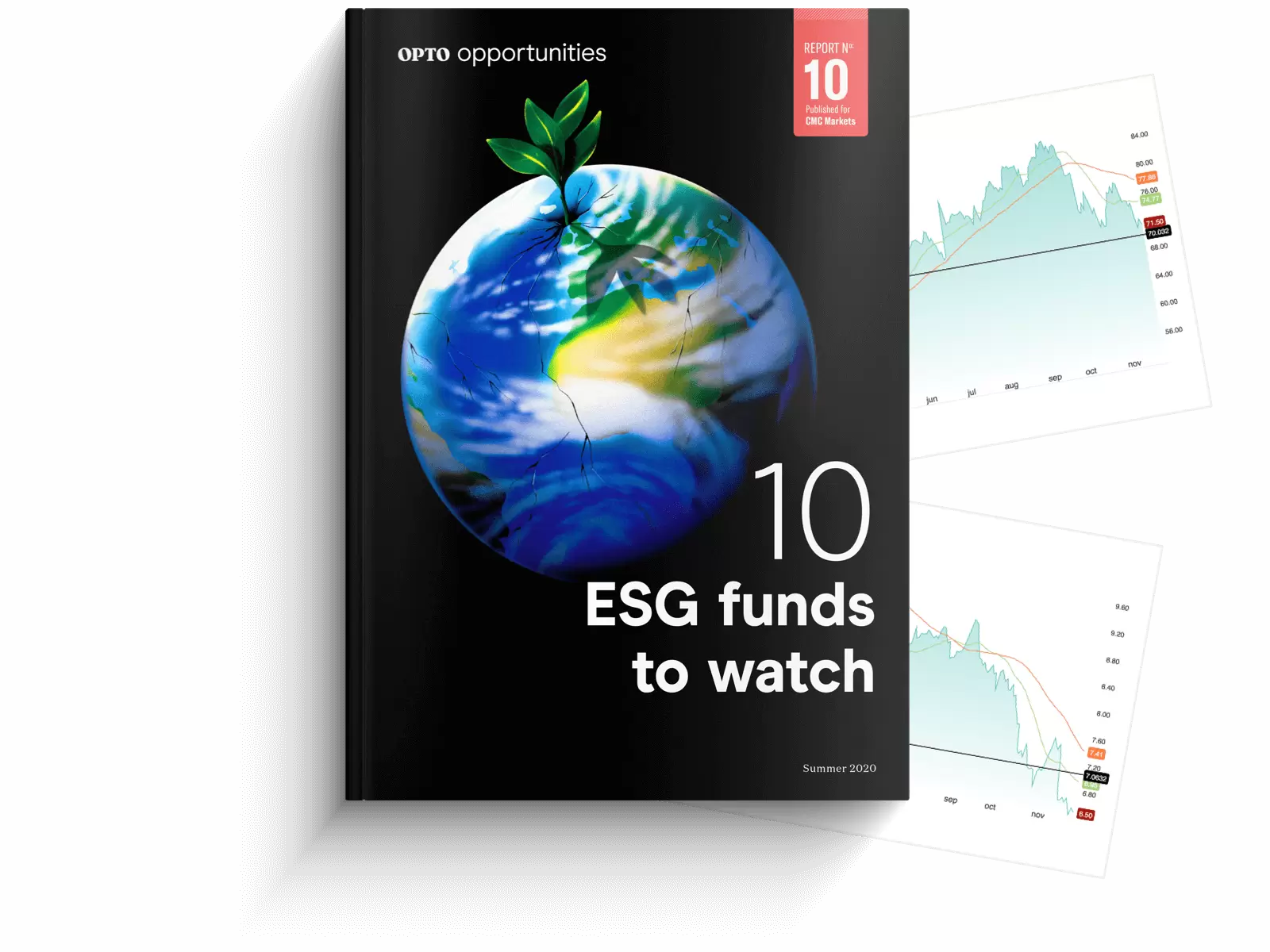Ethical investing is a growing investment strategy that involves selecting investments based not only on potential performance but also on how that company acts and treats its employees and the environment. An investor will choose to invest in companies that are deemed to be ethical, although this will mean different things to different people. For example, some people only want to invest in companies that don’t do animal testing, that doesn’t produce alcohol or tobacco, or that treat their employees well, or focus on those that have a low carbon footprint. They try to avoid investing in companies involved with fossil fuels, instigating climate change, unsustainable environmental practices, gambling, corruption, bribery and human rights violations.
Ethical investing balances portfolio returns with a social responsibility investment strategy. Ethical investing is also referred to as environmental, social, and governance (ESG) investing or socially responsible investing (SRI).
Ethical investors favour companies that are good to people, society, and the environment. Using these factors, investors can evaluate a set of investment criteria to try and determine how ethical a company is, though some socially conscious funds have their own formal guidelines.
Negative screening is the practice of avoiding companies involved in certain industries or with unethical practices. Positive screening is looking for the firms that are the best in their field in terms of environmental, social, or governance (how they run the company) factors. Either approach can be used to ethically invest.
Ethical investing has a long history, dating back to the early 1900s when the Methodist Church invested in the stock market but avoided companies associated with alcohol and gambling. The Quakers did the same thing around this time, also avoiding weapons companies.
Due to the Vietnam War, the first ethical fund popped up in the US in 1971, which avoided companies associated with the conflict. Ethical funds were approved in the UK in the 1970s as well. By 2000, it was UK law that pension fund managers had to declare whether ethical factors were taken into consideration when investing.
Fast forward to modern times, and there are hundreds of ethical stocks and ETFs (exchange-traded funds) trading on exchanges around the world, typically under the previously mentioned headings of SRI or ESG. Ethical investing, SRI, and ESG are terms often used interchangeably.




















